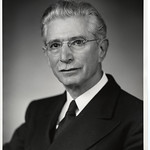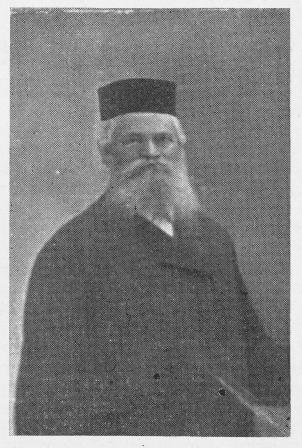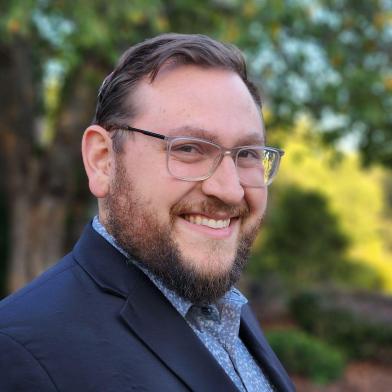Born in Tarnów, Galicia (today’s Poland), in 1887, Reuben Rinder studied at the local Yeshiva, where he received training in Bible, Talmud and Liturgy. In 1902, he moved to the United States and pursued his study of Jewish liturgical music.
In 1910, Rinder held a cantorial position at Temple Beth-El, Brooklyn, and in 1912 he became the cantor of Congregation B’nei Jeshurun in Manhattan. In 1913, at the age of 26, Cantor Rinder visited San Francisco and was offered a position at Congregation Emanu-el, which he accepted and where he worked until his death in 1966, commissioning works from world-renown composers, including Ernest Bloch, Darius Milhaud, Ben-Haim and Marc Lavry, and launching the career of violinists Yehudi Menuhin and Isaac Stern. These achievements were the coronation of a multifaceted cultural strategy.
Reuben Rinder was influential in shaping 20th-century Jewish musical culture. Through insights from the Rinder papers and Rose Rinder’s oral history (UC Berkeley), this paper connects Rinder’s approach to Jewish musical leadership with the global yearnings of the San Francisco Jewish community.
The “Society for the Advancement of Synagogue Music” founded by Rinder in 1927 (with the New York-based Joseph Achron, A. W. Binder, Leon Kramer, and Lazare Saminsky) built upon his early connections with Steven Wise and was modeled after Mordecai Kaplan’s Society for the Advancement of Judaism (1922). It also set a new agenda for synagogue music that was deeply rooted in the cosmopolitan outlook of the San Francisco Jewish community and its philanthropic tradition. The confluence of these factors enabled Rinder to pursue a path of musical innovation based on the conception of Jewish communal life as a platform for commissioning new works, building interfaith (and political) connections, and creating deep cultural ties between the US, Europe, and Israel.
For full biography see: Francesco Spagnolo, Inventing Jewish Music, Again. Reuben Rinder in San Francisco (1913-1962). The 17th world congress of Jewish studies, Jerusalem: August 6-10, 2017.
[Photo credit: 'The Magnes Collection of Jewish Art and Life, University of California, Berkeley']






